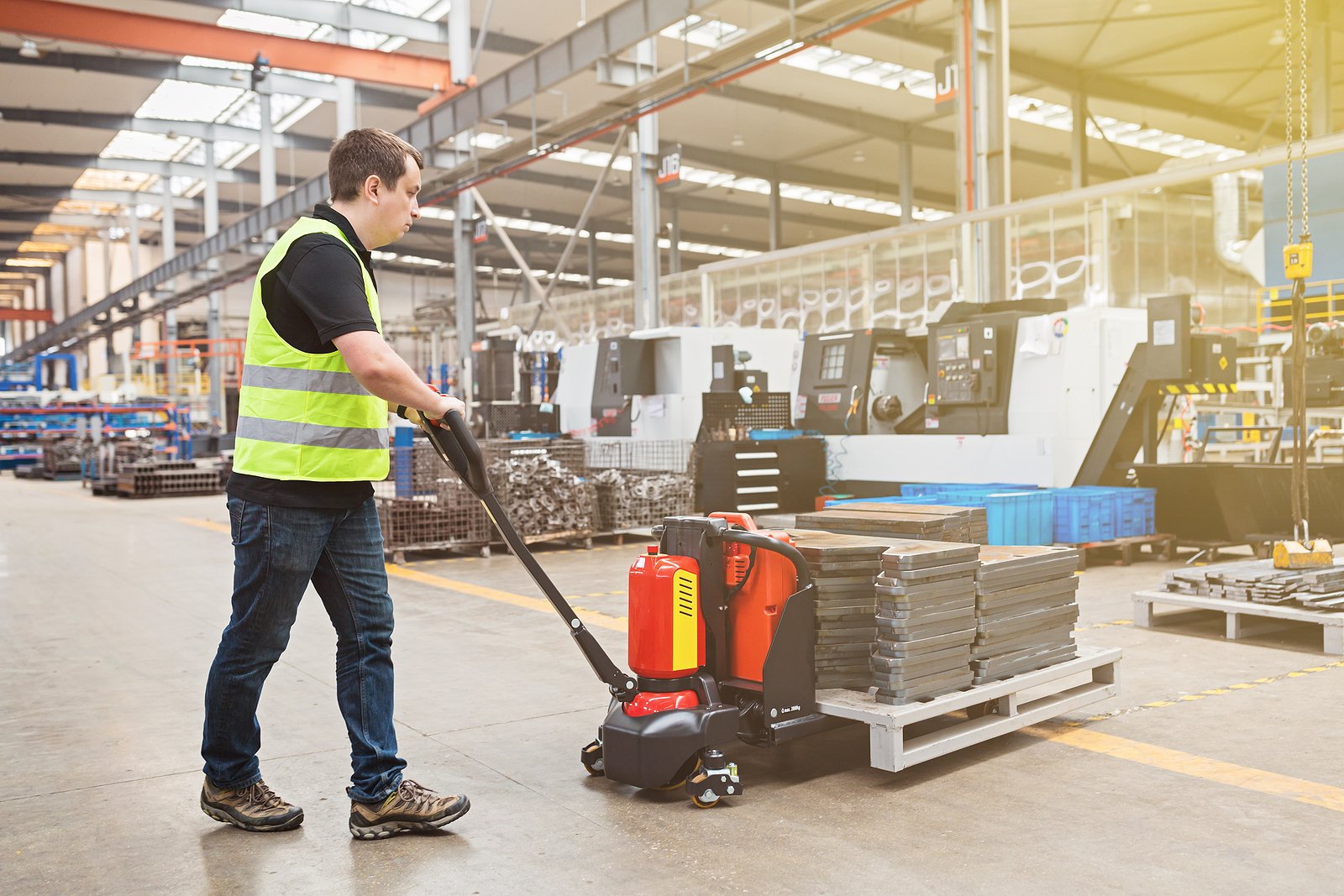Pallet Truck Inspection Requirements under LOLER and PUWER

Historically there has been some confusion over whether LOLER and PUWER regulations apply to manual and powered hand pallet trucks. PUWER and LOLER are similar, but separate, regulations, so they can often be confused.
However, generally speaking, anything that has to meet LOLER standards will also need to meet PUWER standards, but there are many types of machinery that only have to meet PUWER standards, and not LOLER standards.
In 2018 the HSE actually updated the L113 Safe use of lifting equipment guidance. This publication is free-to-download from: www.hse.gov.uk/L113.
Do you need a LOLER inspection for a pallet truck?
The Lifting Operations and Lifting Equipment Regulations 1998 (or LOLER for short) covers lifting equipment, including stair climbers. It’s designed to provide a more focused set of regulations for equipment involved with lifting and transporting people and goods. It requires lifting equipment to be safe to use and be thoroughly examined regularly by a competent person, usually at 12-monthly intervals.
However, because a pallet truck only raises the load sufficiently clear of the floor to enable horizontal movement, this equipment is not carrying out a lifting operation and is therefore, not subject to LOLER. The exception is high-lift pallet trucks ie: Pallet trucks that lift above 300mm
What about PUWER?
Whilst hand pallet trucks may not fall under LOLER they are covered by PUWER (Provision and Use of Work Equipment Regulations 1998). PUWER) covers just about all machinery that’s used every day in the workplace such as power tools and conveyer belts. It also includes all kinds of manual handling equipment, including pallet trucks.
PUWER states that you should make sure equipment is suitable for use in the purpose and conditions in which you’re using it, that it’s maintained in a safe condition, and that it’s inspected by a competent person to make sure that it continues to be safe to use. You also need to keep proper records of your inspections. The frequency of pallet truck inspection will be dependent on findings of a risk assessment with a bare minimum of an annual pallet truck inspection checklist being required. In areas of daily use, in harsh environments or high risk of collisions then the frequency of pallet truck inspections may be increased to weekly or even daily checks.
In Summary
Pallet trucks that lift above 300mm must have a Thorough Examination in accordance with LOLER and be inspected under PUWER. Pallet trucks that lift below 300mm are not subject to LOLER and do not require a Thorough Examination but must be inspected in accordance with PUWER.
About Lisa Robinson
Lisa - word smith to the gods.
